Toronto Police Charge Seven Drone Pilots During Blue Jays Playoffs, Including Micro-Drone Operators

Check out the Best Deals on Amazon for DJI Drones today!
Toronto police charged seven people for illegally flying drones over Rogers Centre during American League Championship Series games on October 12-13, using specialized detection technology to intercept the unauthorized flights. The Toronto Police Emergency Management and Public Order Unit laid eight charges against the operators for violating Canadian Aviation Regulations and breaching a federally designated no-fly zone.
The enforcement action highlights a critical misconception among drone pilots: micro-drones weighing under 249 grams are not exempt from stadium restrictions or no-fly zones, despite being exempt from most other Canadian regulations. With Game 6 of the ALCS taking place today at Rogers Centre, authorities are sending a clear message that playoff security comes with zero tolerance for illegal drone operations.
Detection Technology Tracks Unauthorized Flights
Police used what they describe as “specialized drone detection technology” to identify and intercept the seven drones flying over and around the baseball stadium during Sunday and Monday night games. The Toronto Police Service confirmed that multiple operators were flying micro-drones under 249 grams (8.8 ounces), believing their lightweight aircraft were exempt from enforcement.
The charges mark an escalation in Toronto’s crackdown on illegal playoff drone operations. Earlier in October, police fined two additional people for similar violations during games on October 4-5, bringing the total enforcement actions to nine individuals in just two weeks of postseason play.
Toronto’s approach mirrors growing stadium enforcement trends across North America, where NFL drone incidents surged to 2,845 in 2023 and prompted federal legislation proposals. The use of detection technology demonstrates law enforcement’s evolving capability to actively hunt rogue drones rather than simply reacting to reported violations.

Why Micro-Drones Aren’t Exempt From Stadium Rules
Many drone pilots mistakenly believe that drones under 250 grams enjoy blanket exemptions from Canadian aviation rules. While Transport Canada does exempt micro-drones from registration and pilot certification requirements, these aircraft must still comply with critical restrictions.
Under Canadian Aviation Regulations Part IX, all drones—regardless of weight—are prohibited from operating at advertised events without a Special Flight Operations Certificate. This includes sporting events, concerts, festivals, and any gathering with publicized attendance. The restriction exists because even lightweight drones pose collision risks to spectators, players, and emergency responders.
Rogers Centre sits within the controlled airspace of Billy Bishop Toronto City Airport, located approximately 2.5 kilometers (1.6 miles) away on Toronto Island. The airport’s no-fly zone creates an additional federal restriction that applies to all aircraft, including the smallest consumer drones.
Violators face fines ranging from $1,000 to $25,000 under administrative penalties. More serious cases involving reckless operation or endangering aviation safety can result in criminal charges up to $100,000 and five years imprisonment.
Rogers Centre Security During Playoff Run
The Blue Jays’ playoff run has created heightened security concerns around Rogers Centre, with capacity crowds of over 49,000 fans attending ALCS games against the Seattle Mariners. Toronto police have made clear that “Rogers Centre is a no-drone zone during all Blue Jays postseason games. This restriction applies without exception, including to micro-drones weighing less than 249 grams,” according to their official statement.
The enforcement comes as the series stands at 3-2 in favor of Seattle, with today’s Game 6 potentially deciding whether the Blue Jays can force a winner-take-all Game 7 on Monday. The high-stakes atmosphere has drawn increased attention from both legitimate media drone operators—who must obtain proper authorizations—and amateur pilots attempting to capture playoff footage.
Stadium drone restrictions exist year-round but receive enhanced enforcement during major events when crowd sizes and security concerns peak. The combination of airport proximity, large gatherings, and playoff excitement creates exactly the scenario Canadian regulations aim to prevent.
DroneXL’s Take
This story matters because it exposes one of the most dangerous myths in consumer drone operation: that sub-250g drones can fly anywhere without restrictions. We’ve covered similar enforcement at NFL stadiums and the ongoing debate over stadium no-fly zones, but the Canadian angle adds an important international perspective for our readers.
The micro-drone exemption was designed to reduce regulatory burden for casual hobbyists flying in appropriate locations—not to create a loophole for flying over stadiums during playoff games. Transport Canada’s rules make this clear, yet enforcement actions suggest many pilots either don’t know or don’t care about the restrictions. Toronto’s use of detection technology shows authorities aren’t just hoping pilots will comply voluntarily. They’re actively monitoring airspace and have the tools to identify operators.
Here’s what concerns us: each enforcement action like this becomes ammunition for those pushing stricter drone regulations that could impact legitimate operators. The irresponsible pilots who think a lightweight drone gives them a free pass to fly over 49,000 fans don’t just risk their own fines—they risk tightening rules for the entire drone community. With U.S. legislation like the DEFENSE Act already proposing expanded counter-drone authority at stadiums, we need operators everywhere to understand and follow the rules before we lose more flying freedoms.
If you’re flying any drone near any stadium, concert venue, or public gathering—check the rules first. Your DJI Mini or Autel Nano isn’t a magic invisibility cloak.
What do you think? Share your thoughts in the comments below.
Featured photo credit: Suarez Media
Discover more from DroneXL.co
Subscribe to get the latest posts sent to your email.
Check out our Classic Line of T-Shirts, Polos, Hoodies and more in our new store today!

MAKE YOUR VOICE HEARD
Proposed legislation threatens your ability to use drones for fun, work, and safety. The Drone Advocacy Alliance is fighting to ensure your voice is heard in these critical policy discussions.Join us and tell your elected officials to protect your right to fly.
Get your Part 107 Certificate
Pass the Part 107 test and take to the skies with the Pilot Institute. We have helped thousands of people become airplane and commercial drone pilots. Our courses are designed by industry experts to help you pass FAA tests and achieve your dreams.

Copyright © DroneXL.co 2026. All rights reserved. The content, images, and intellectual property on this website are protected by copyright law. Reproduction or distribution of any material without prior written permission from DroneXL.co is strictly prohibited. For permissions and inquiries, please contact us first. DroneXL.co is a proud partner of the Drone Advocacy Alliance. Be sure to check out DroneXL's sister site, EVXL.co, for all the latest news on electric vehicles.
FTC: DroneXL.co is an Amazon Associate and uses affiliate links that can generate income from qualifying purchases. We do not sell, share, rent out, or spam your email.




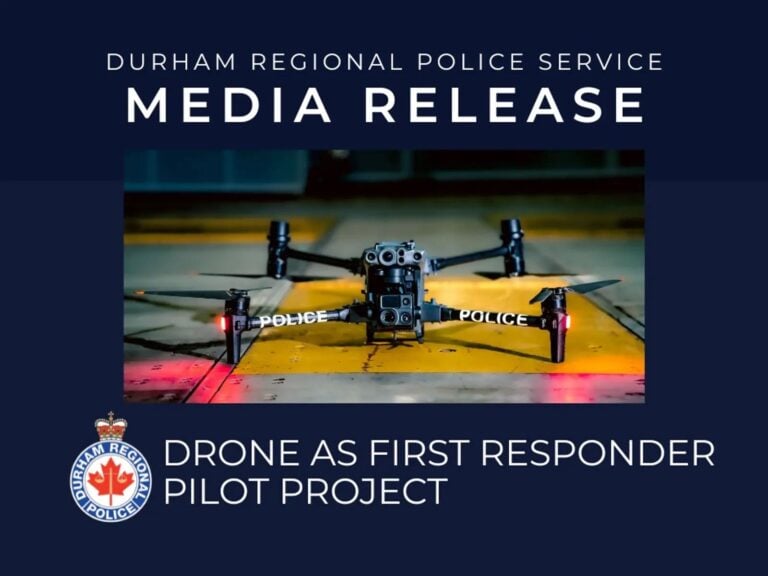
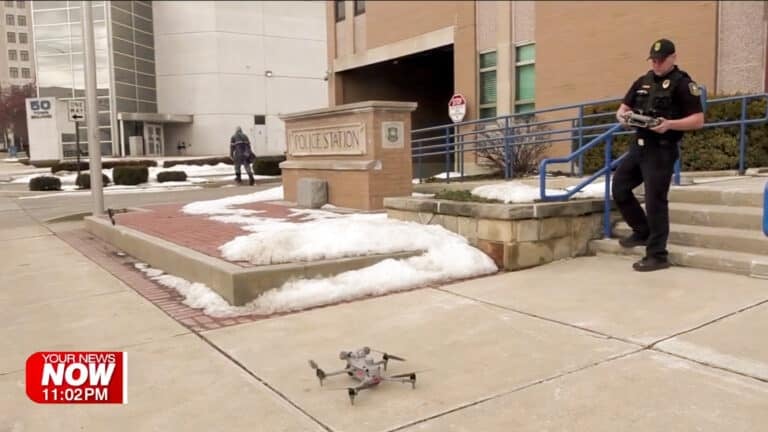
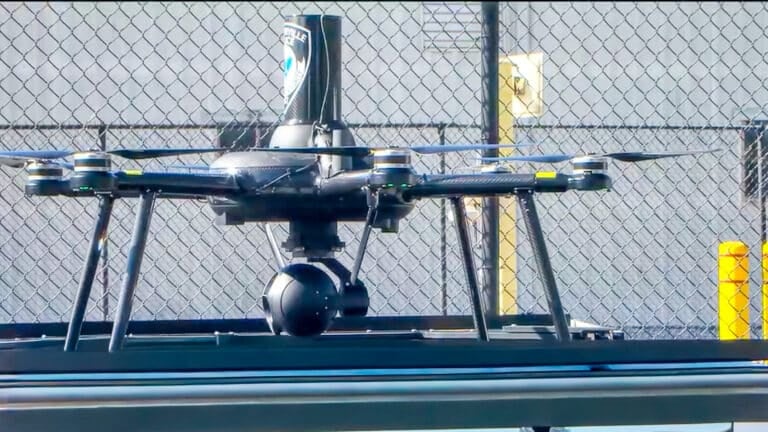
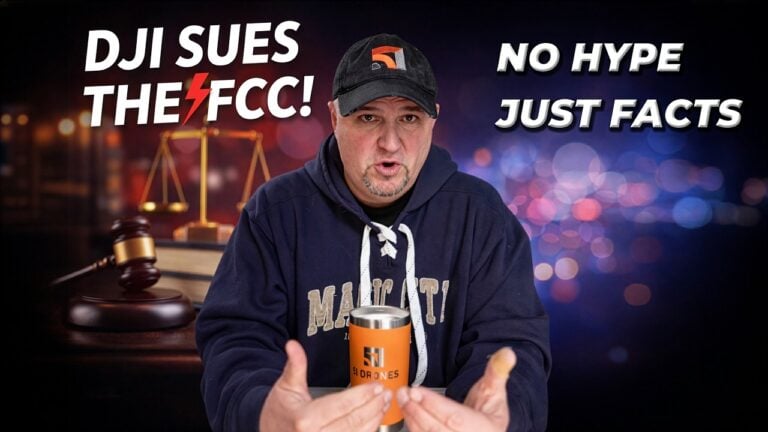
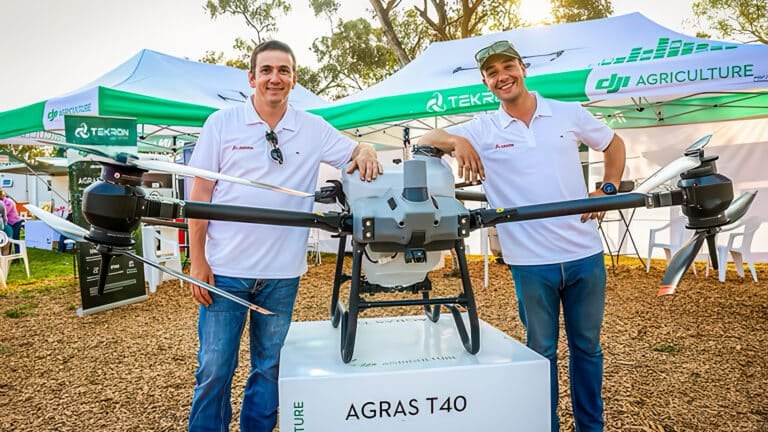
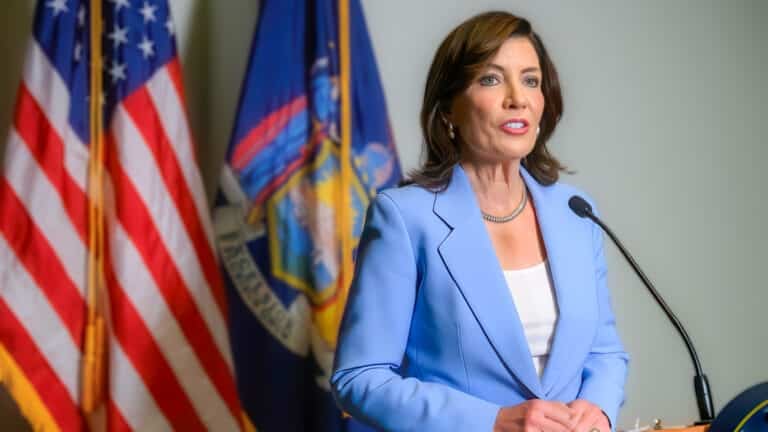
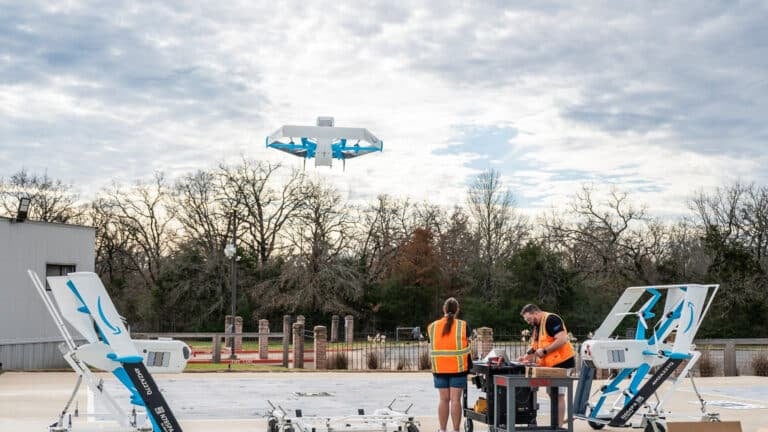
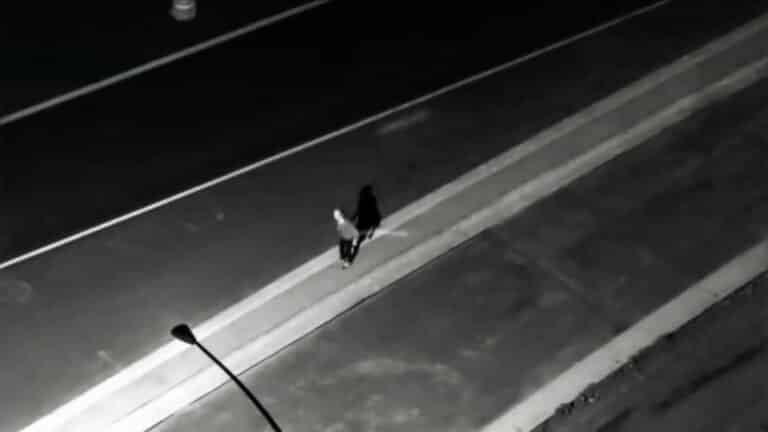
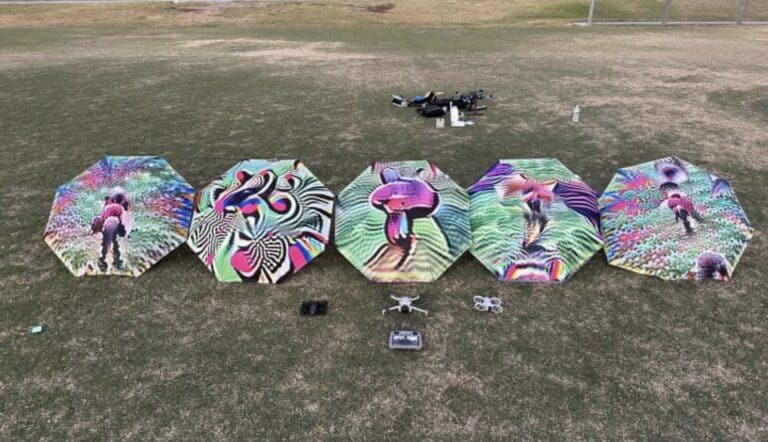
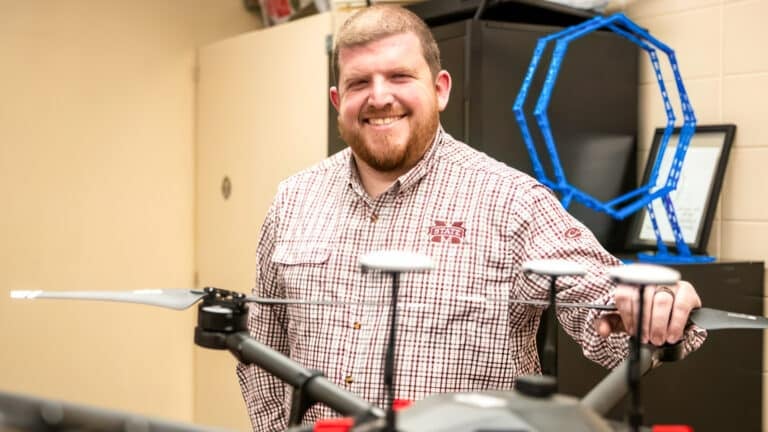
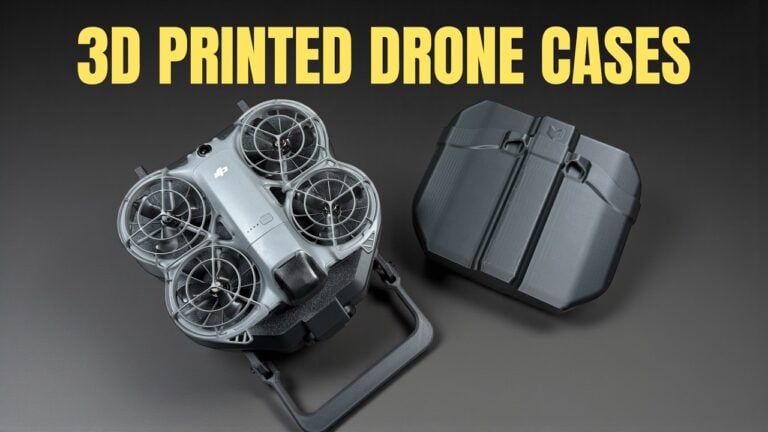
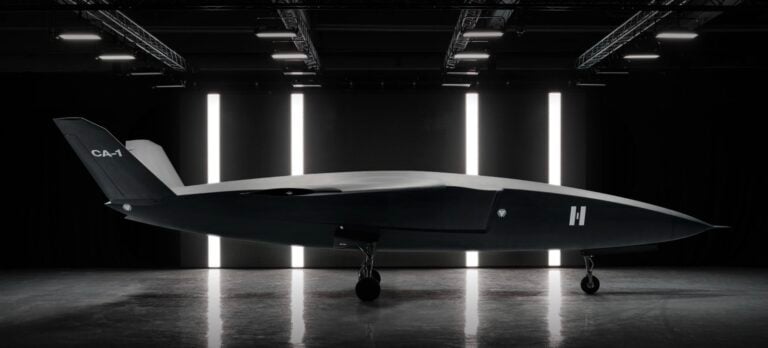

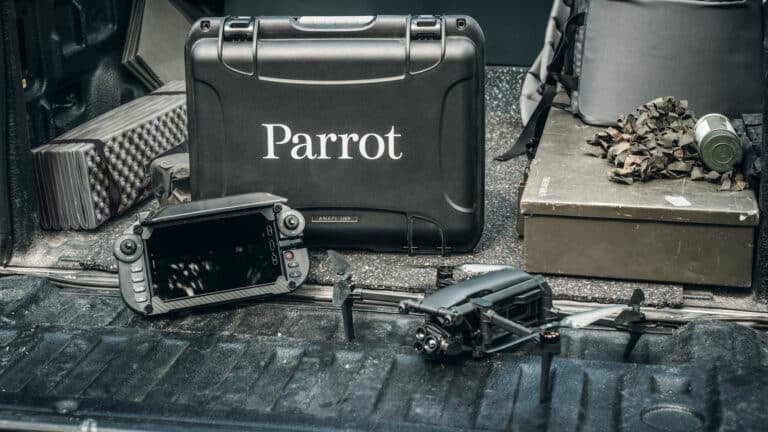
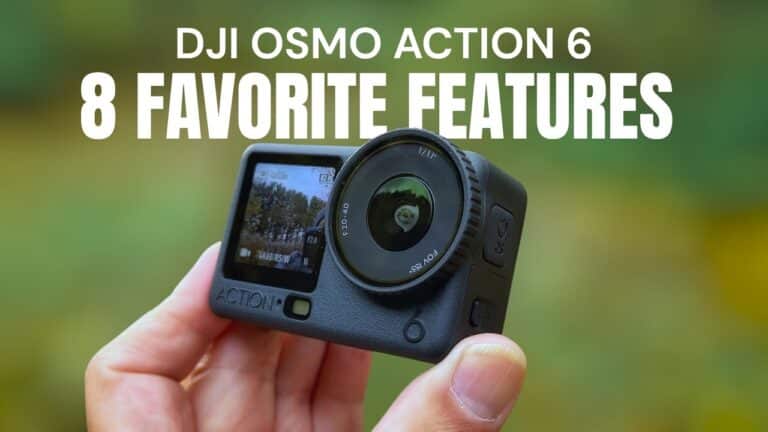
“The enforcement action highlights a critical misconception among drone pilots: micro-drones weighing under 249 grams are not exempt from stadium restrictions or no-fly zones, despite being exempt from most other Canadian regulations. ”
It’s actually right on TC’s site about microdrones:
No flights in:
1. Class F Special Use Restricted Airspace
2. Over a forest fire area or any area located within five nautical miles of a forest fire area, or in any airspace for which a NOTAM for Forest Fire Aircraft Operating Restrictions has been emitted
3. Zones where a 5.1 of the Aeronautics Act restrict the use of airspace to all aircraft has been emitted
4. National Parks
You must get a Special Flight Operations Certificate for Remotely Piloted Aircraft System (SFOC-RPAS) to operate at an advertised event.
And CAR 900.06 – Remember: if you feel that your flight is risky, don’t do it.
Side note – there are new rules coming in 4 Nov 2025 and bizarrely, the four rules are gone. That can’t be right.
https://tc.canada.ca/en/aviation/drone-safety/learn-rules-you-fly-your-drone/find-your-drone-category-operation-2025#micro
Let’s keep an eye on that! Thanks for commenting! 👍
Love flying my drone, so frustrating every time I read stories like this that a few bad apples are ruining it for all of us.